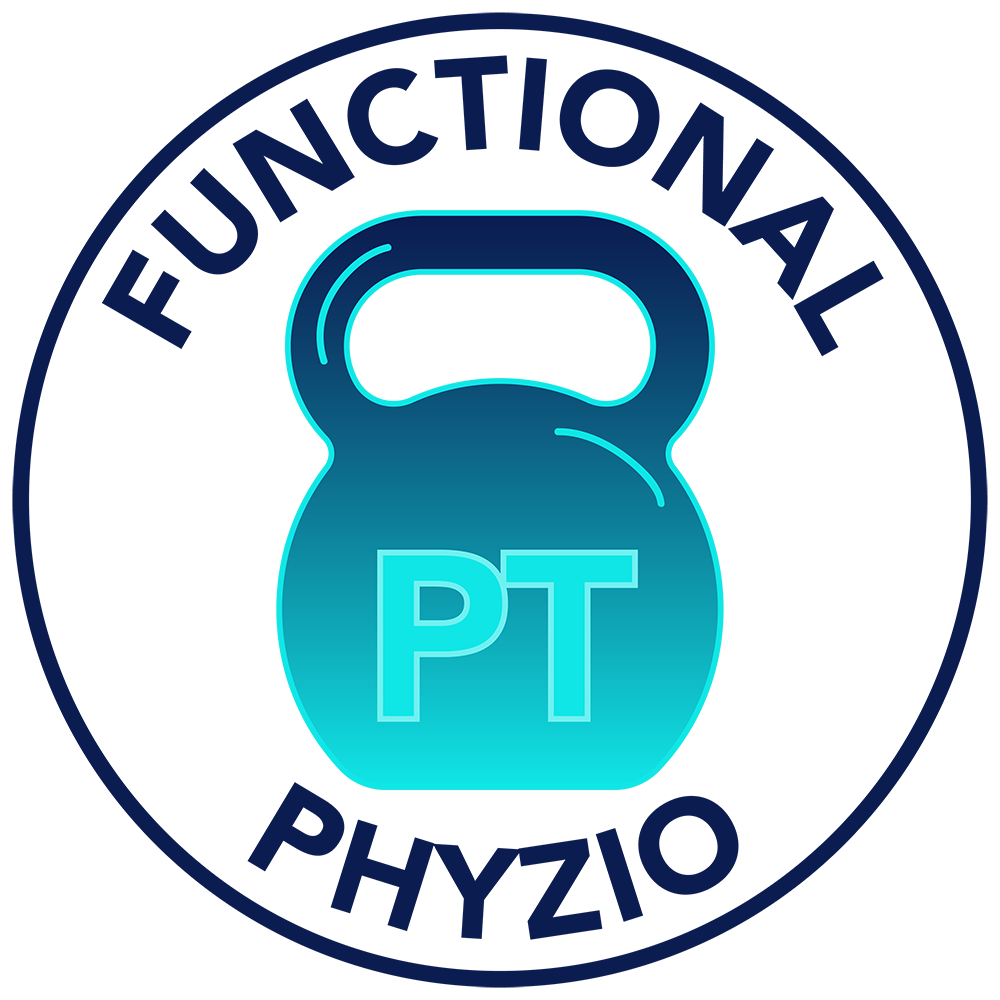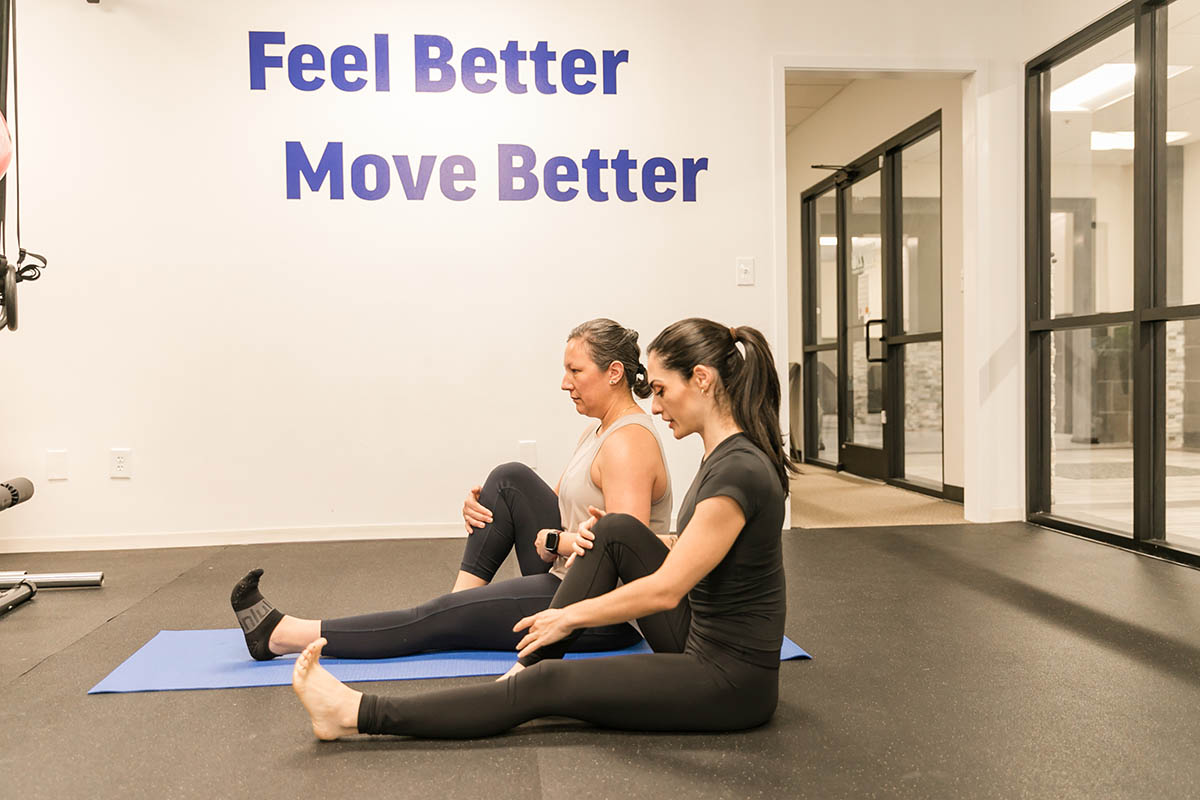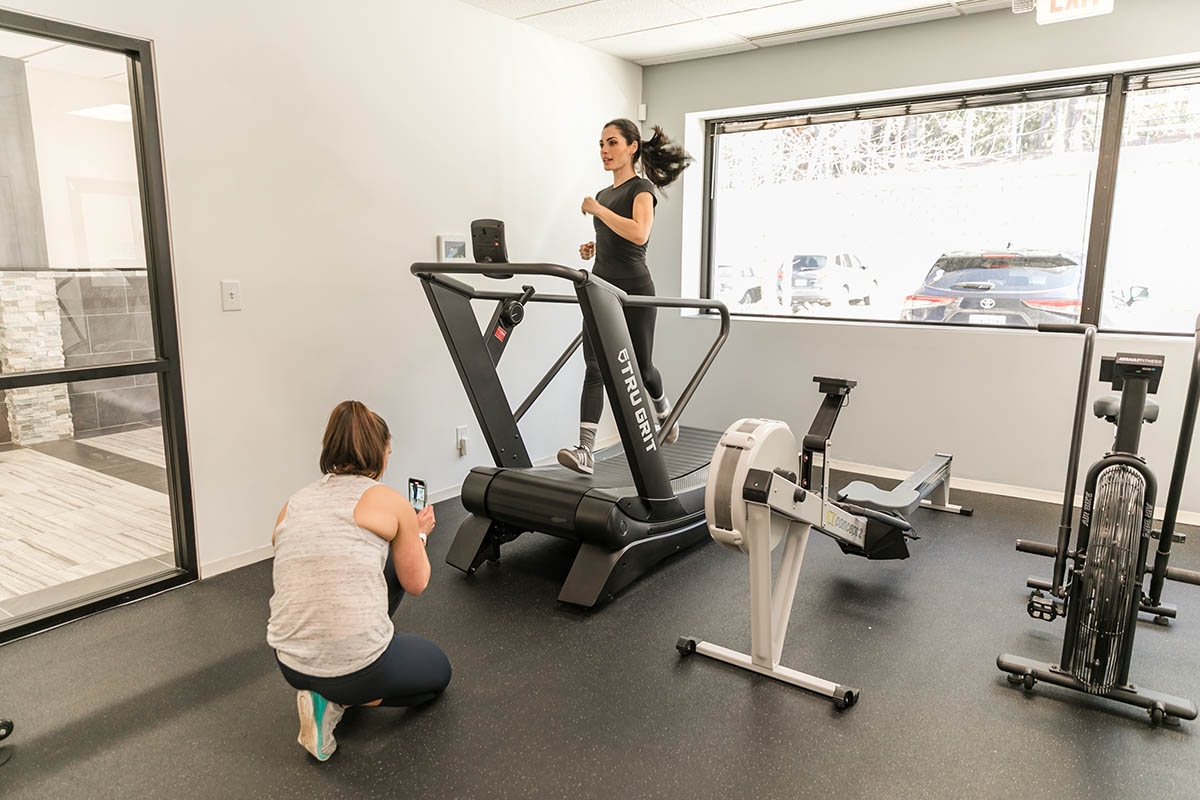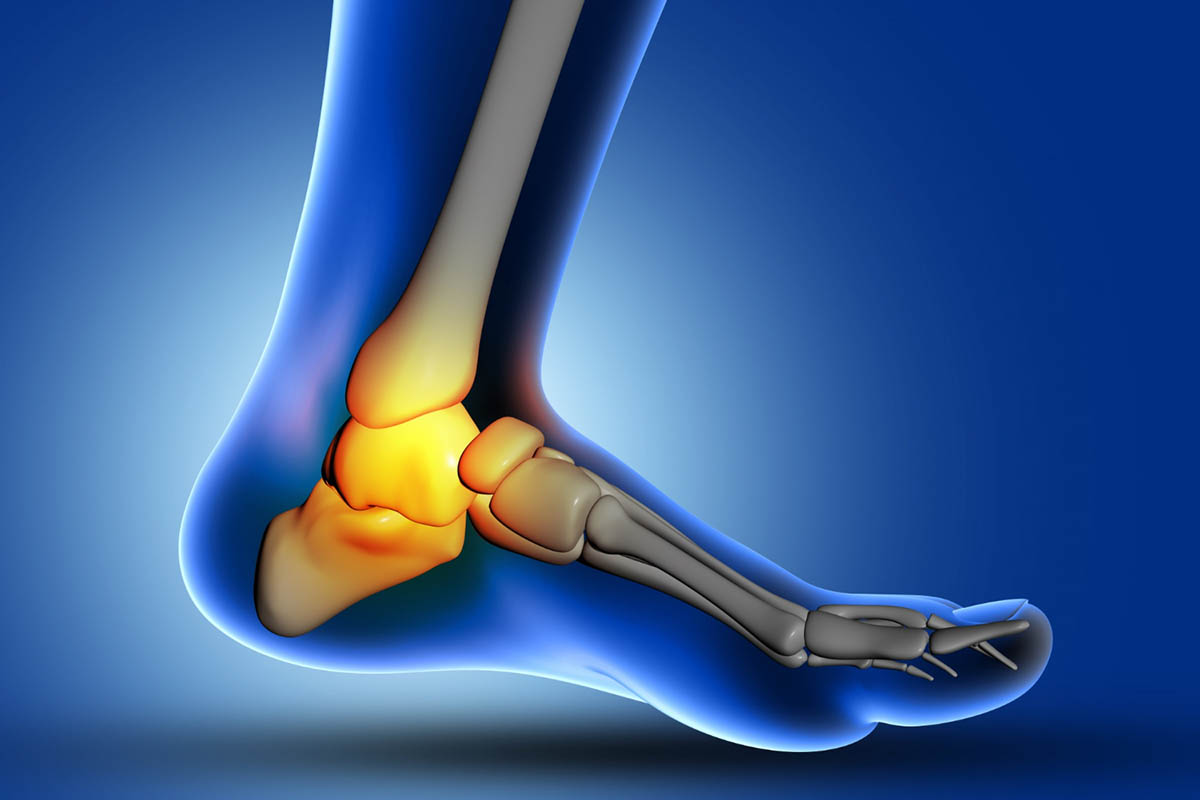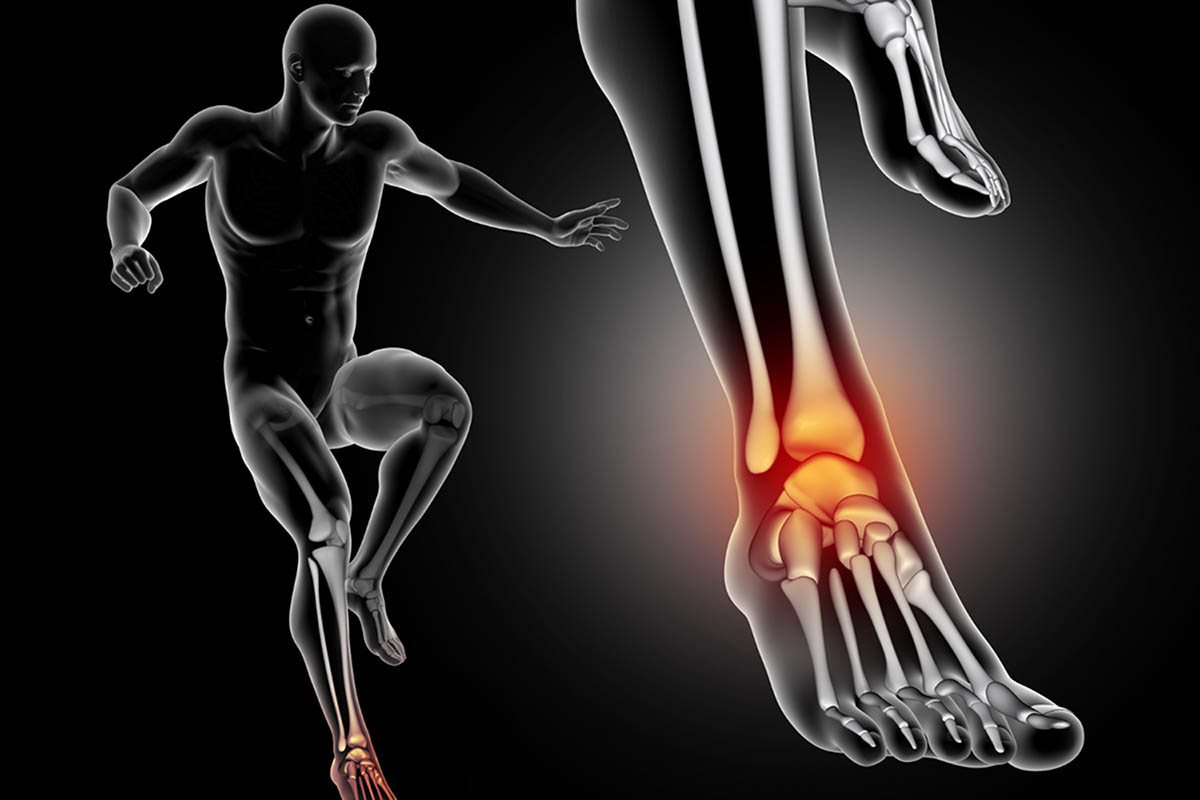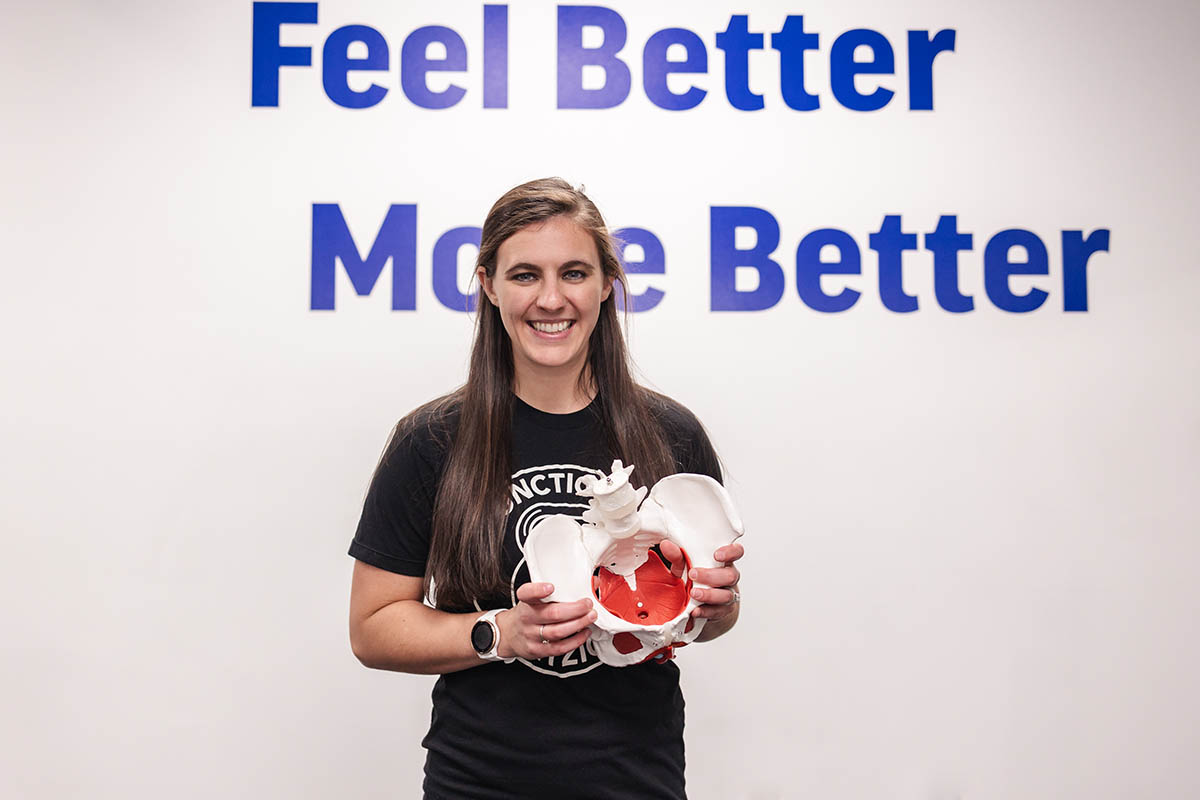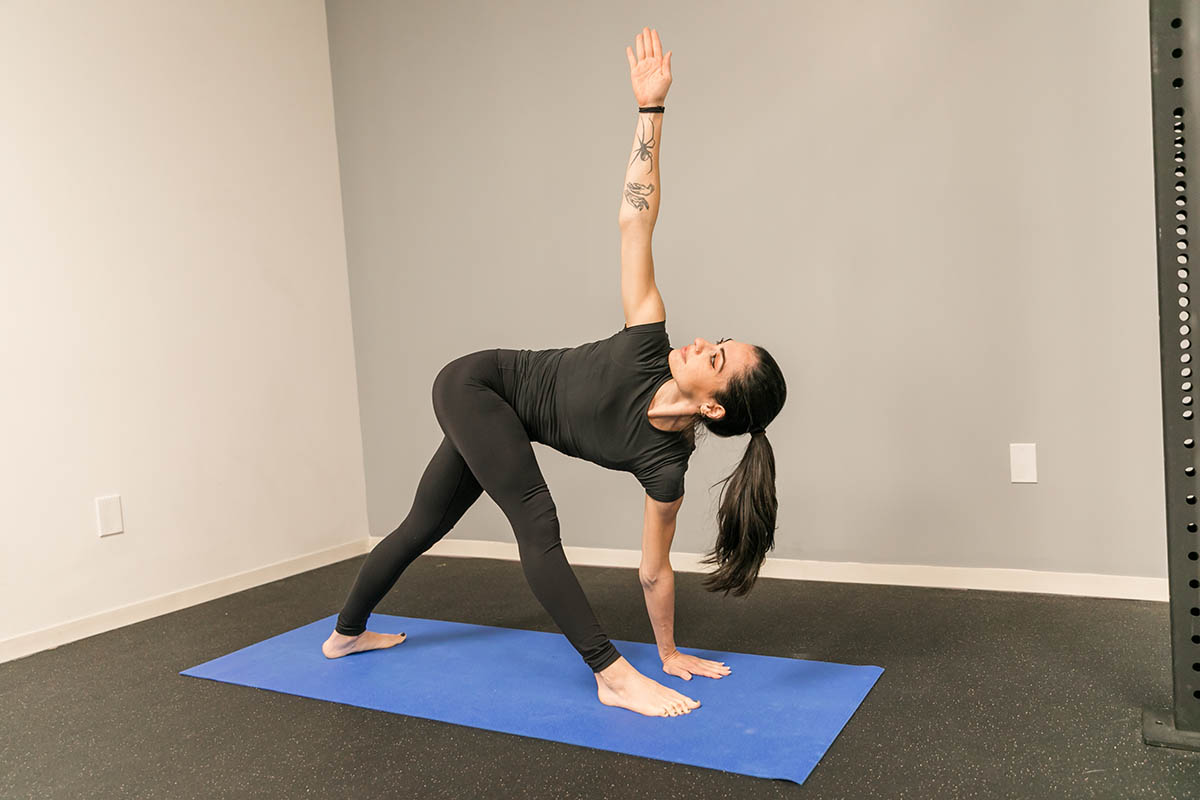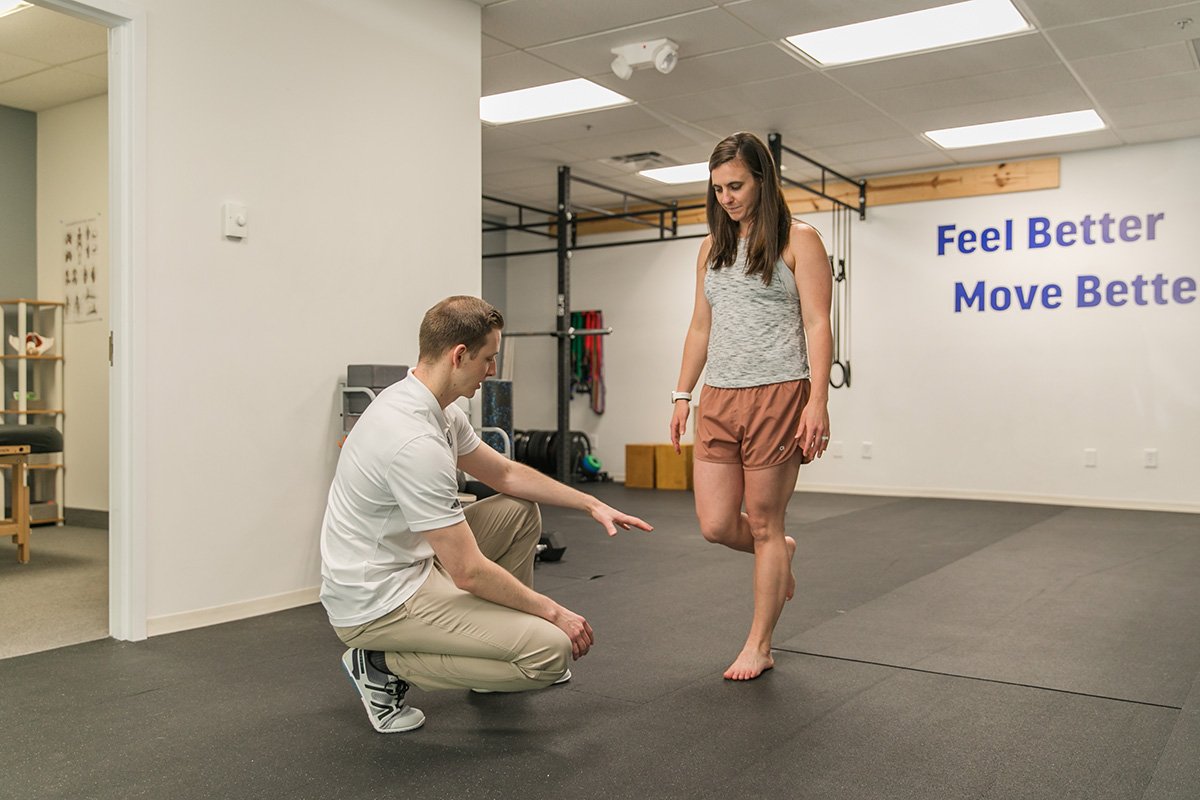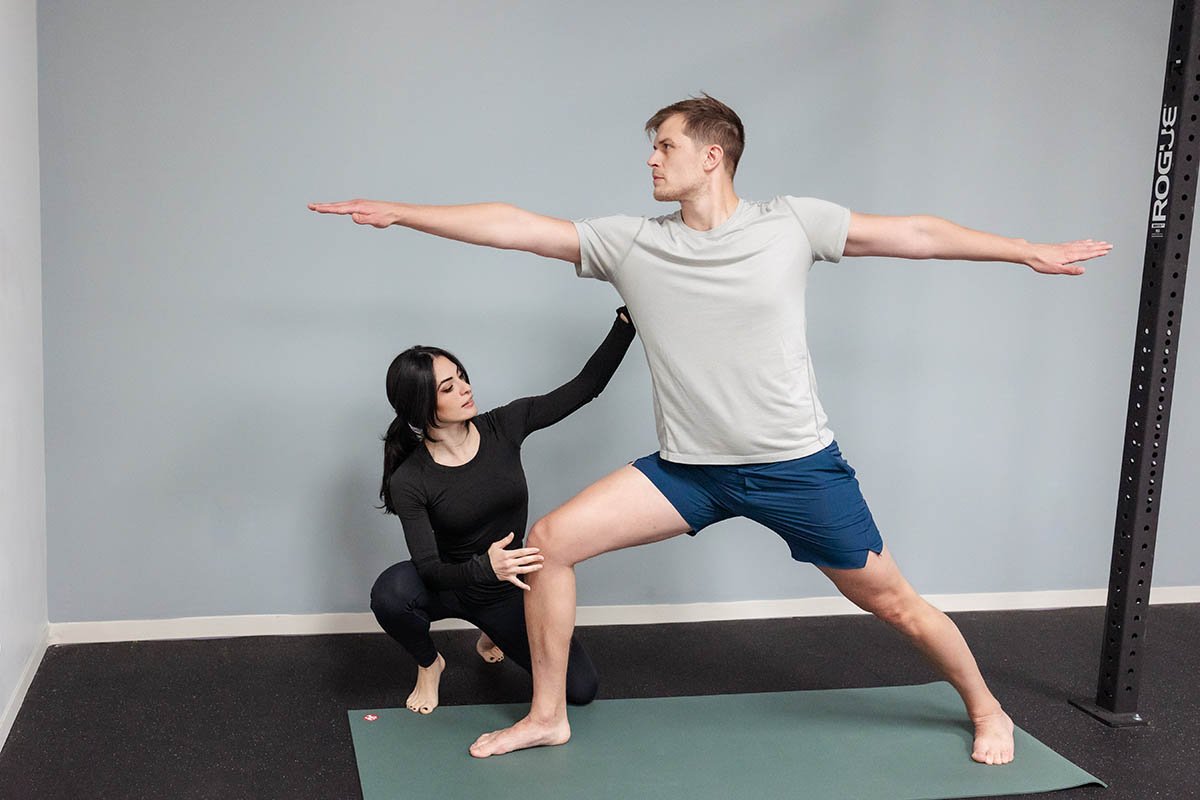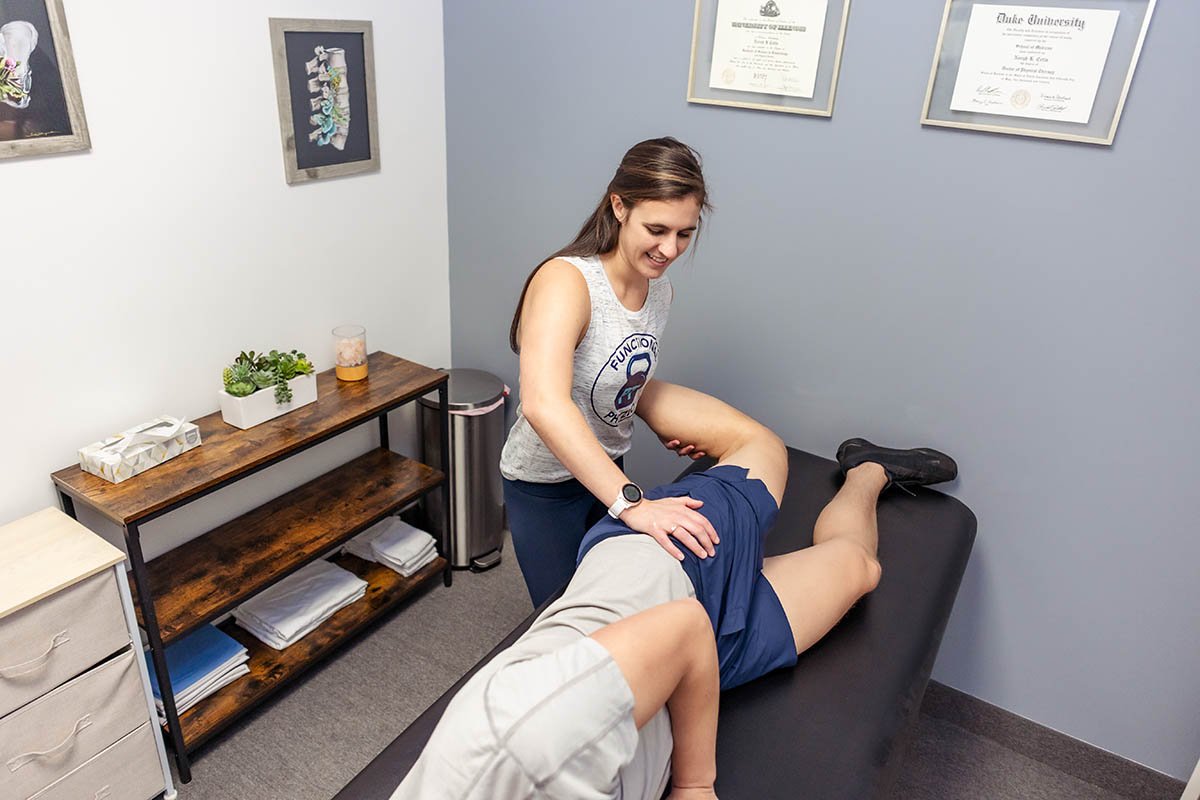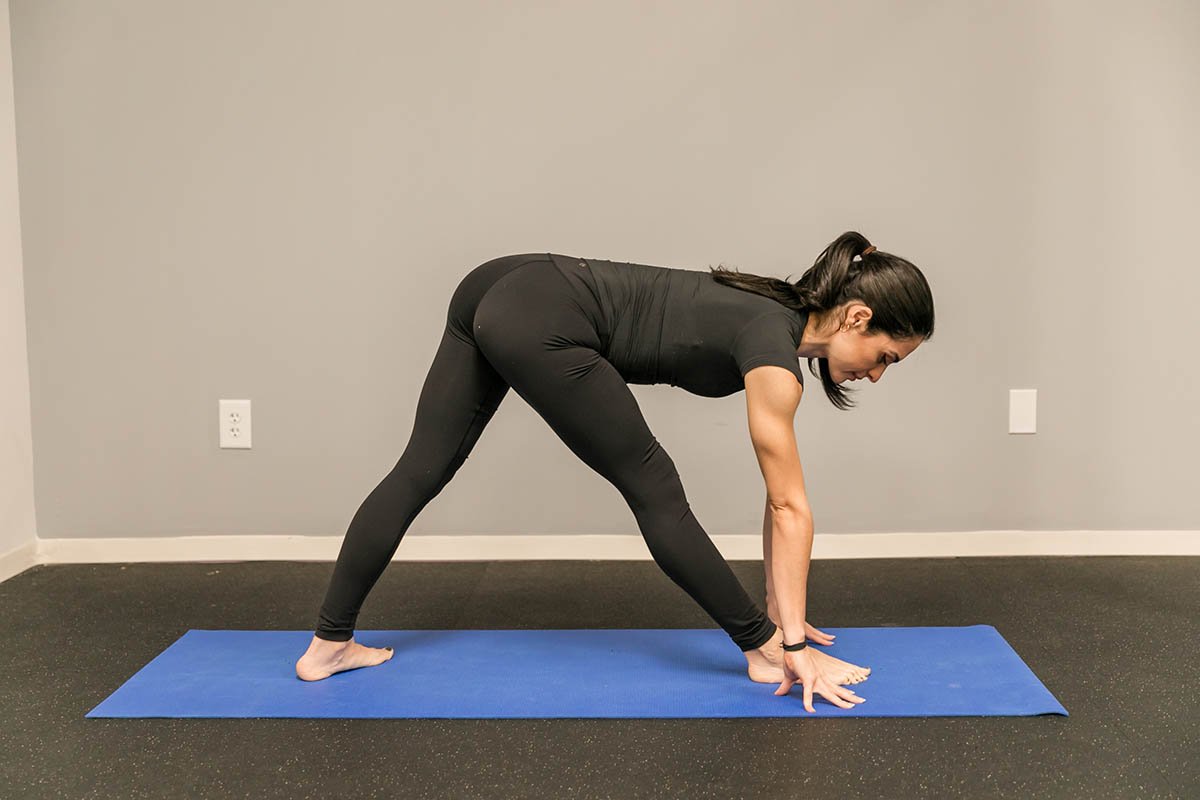Shin splints, a common term for medial tibial stress syndrome (MTSS), are a prevalent issue among active adults, especially in runners. Characterized by pain along the inner edge of the tibia (shinbone), shin splints can significantly impact an individual’s ability to participate in physical activities. This blog post will delve into the pathology of shin splints, explore risk factors, and highlight effective exercises and treatments to manage and prevent this condition.
3 Best Exercises for Achilles Pain in Runners
Achilles tendon pain, often referred to as Achilles tendinopathy, is a common ailment among runners. This condition is characterized by pain, swelling, and stiffness along the Achilles tendon, which connects the calf muscles to the heel bone. Achilles tendinopathy can severely impact a runner’s performance and, if left untreated, can lead to more serious issues such as tendon rupture. Understanding the pathology and incorporating effective exercises into your routine can significantly aid in managing and alleviating Achilles pain.
3 Things to OvercomePosterior Tibialialis Tendonitis
As a physical therapist, I’ve encountered many active adults who, despite their best efforts to stay fit and healthy, find themselves sidelined by injuries they never saw coming. One such injury that can sneak up on even the most seasoned athletes is tibialis posterior tendonitis. This condition is not only painful but can also seriously interfere with your ability to run, hike, or engage in other physical activities that you enjoy. The good news is that with early intervention and the right exercises, you can manage this condition effectively and prevent it from becoming a chronic issue.
The Importance of Great Toe Mobility A Physical Therapist’s Perspective
As a physical therapist, I often encounter patients who underestimate the importance of their toes—especially the great toe, also known as the hallux—in their overall foot health and gait. The great toe plays a crucial role in maintaining balance, generating power during walking and running, and supporting the arches of the foot. Limited mobility in the great toe can lead to a cascade of biomechanical issues, resulting in pain, compensatory movement patterns, and even chronic conditions like hallux rigidus. In this blog post, I will explore the significance of great toe mobility, delve into the pathology of hallux rigidus, and provide three effective exercises to strengthen and mobilize the great toe.
How a Pessary Can Help Active Women Manage Prolapse
Pelvic organ prolapse is a condition many women face, particularly as they age or after childbirth. For active women, dealing with prolapse can be challenging, but a pessary—a small, flexible device inserted into the vagina—can be a game-changer. Here’s how a pessary can help active women maintain their lifestyle while managing prolapse.
Exercising Postpartum Safe Practices and Timelines
Having a baby is such an exciting time in a woman’s life, however the recovery also typically comes with many questions, such as what does return to exercise look like? “How do I strengthen my pelvic floor?” And “Do I have to wait until 6 weeks to exercise after having a baby?” While each woman’s recovery is going to slightly different and depend on factors such as length of labor & pushing, birth injuries and prior exercise history, this blog will give general guidelines and recommendations on postpartum recovery.
Top 5 Stretches for Runners to Prevent Injury
Running is a fantastic way to stay fit, but it also comes with its share of risks, particularly injuries. Common running-related injuries include shin splints, IT band syndrome, runner’s knee, and plantar fasciitis. We often see these in our clients who are so motivated to run and train for upcoming events, that proper recovery and cross training takes a back seat to training volume
Physical Therapy and Exercises for SI Joint Pain Relief
The sacroiliac (SI) joint, located at the base of the spine where the sacrum meets the iliac bones of the pelvis, plays a crucial role in transferring weight and forces between your upper body and legs. When the SI joint becomes dysfunctional, it can lead to significant pain and discomfort, affecting daily activities. Manual techniques and gentle stretches can help improve joint function and increase skin blood flow.
Physical Therapy for Hamstring Strains
As a physical therapist specializing in the active adult population, I frequently see runners and athletes dealing with hamstring strains. Hamstring injuries can be a significant setback, impacting not only athletic performance but also everyday activities. Understanding the pathology of hamstring strains and incorporating specific exercises into your routine can help prevent these injuries and keep your hamstrings strong and resilient.
Empowering Runners: Overcoming Hip Impingement with Expert Physical Therapy
As an active individual who loves to run, hip impingement can feel like a major roadblock. But with the right approach and expert guidance, it’s a challenge you can overcome. In this post, we’ll explore how specialized physical therapy can empower runners to conquer hip impingement and return to the sport they love.

